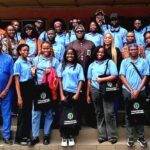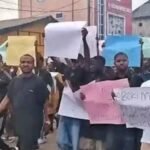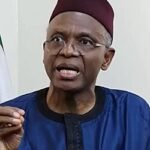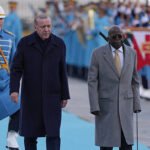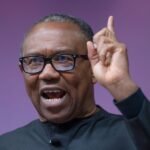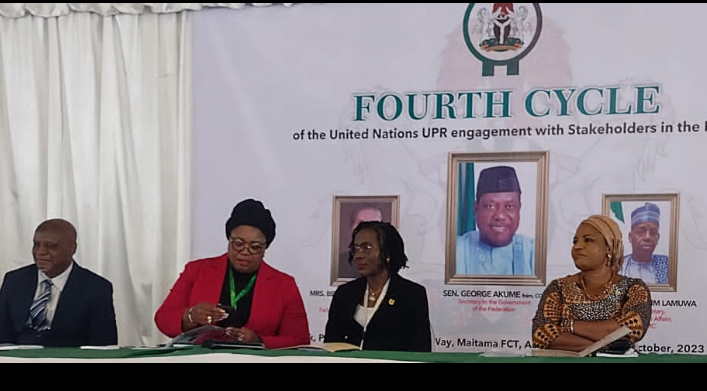Abuja: The Federal Government, on Wednesday, said it was commited to addressing issues of human rights violations in the country.
Mrs Beatrice Jedy-Agba, the Solicitor-General of the Federation, made the remarks at the 4th Cycle of the United Nations Universal Periodic Review (UPR) engagement with stakeholders in Abuja.
Jedy-Agba, who is also the Permanent Secretary, Federal Ministry of Justice, said the meeting would help to contribute to the country’s ability to develop an objective and Independent report on the efforts to promote and protect human rights in compliance with international obligations.
“We have done all that has been recommended by the UN to ensure that there is a proper engagement so that we are not just presenting a desk talk representation of the human rights situation in Nigeria.
“So we are engaging strategically with members of the public, the media, civil society organisations (CSOs), government officials, to get their ideas and recommendations on how far we have gone and where we should be going, particularly in relation to areas that have been pointed out following the 3rd Cycle review of the country,” she said.
According to her, the UPR is a unique process which involves a review of the human rights records of all 193 UN Members States.
“It is a state-driven process, under the auspices of the Human Rights Council, which provide the opportunity for each state to declare what actions they have taken to improve the human rights situation in their countries and to fulfil their human rights obligations,” she said.
Jedy-Agba said the meeting was part of the workplan for collating information and useful data from various stakeholders in the Federal Capital Territory.
This, she said, is in line with the United Nations (UN) guidelines on national reporting, which stipulates that a country’s national report should be independent, objective, transparent and inclusive.
The Permanent Secretary, Ministry of Foreign Affairs, Adamu Lamuwa, represented by Ambassador Naomi Nwachukwu, urged members of the inter-ministerial committee to keep correct information.
“We should make conscious effort that whatever information we get are verifiable,” he said.
The Lead Consultant, Prof. Joy Ezeilo, SAN, said “UPR process must be people’s led because it talks about human rights of the people and the ultimate beneficiary of those rights are people of the country.
“So UN wants a situation where the CSOs, non-state actors, as well as state actors that are driving the process participate, come together, look at the draft reports across the country towards a collective decision.”
Ezeilo, who was former UN Special Rapporteur on Trafficking in Persons, said the importance of UPR “is to ensure that human right matters and in the end that everyone enjoys his or her human rights wherever one is located.
“It is a way of advancing human rights, and you know that human right is all-inclusive of civil and political, socio-economic developments, environmental rights and also the issues of SDG. They are human rights and development issues.”
The News Agency of Nigeria (NAN) reports that Nigeria was reviewed by the United Nations Human Rights Council (UNHRC) in 2009, 2013 and 2018 during the 1st, 2nd and 3rd UPR Cycles respectively, and preparations have been ongoing for Nigeria’s 4th review scheduled between January and February 2024.(NAN)(www.nannews.ng) / Flowerbudnews

